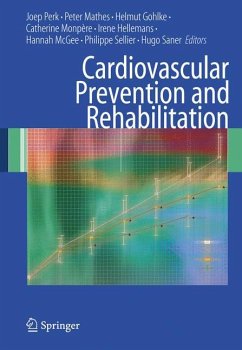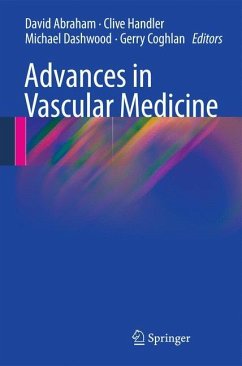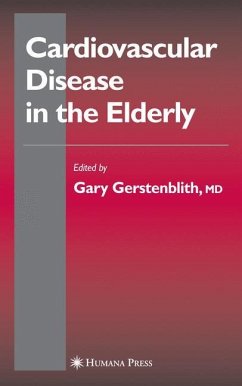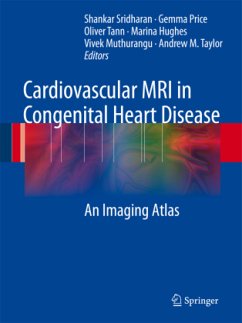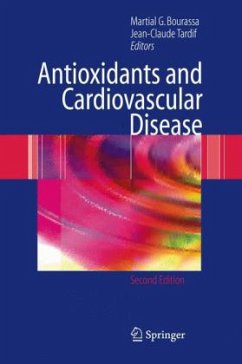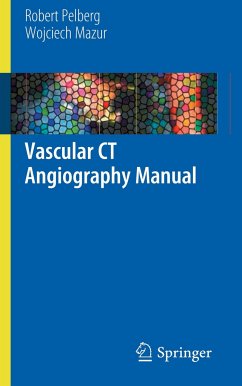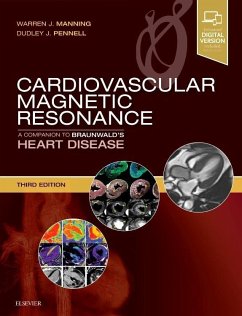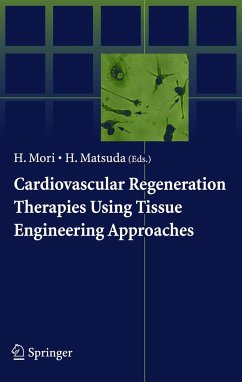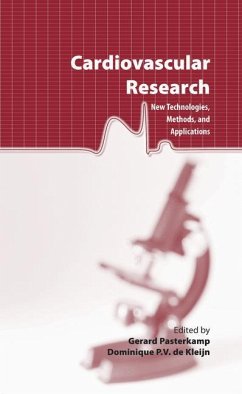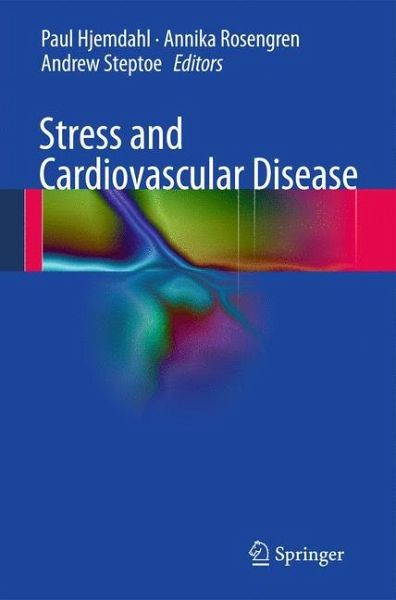
Stress and Cardiovascular Disease

PAYBACK Punkte
39 °P sammeln!
The main aim of this book is to evaluate the concept of stress and provide tools for physicians to identify patients who might benefit from stress management. This will incorporate a detailed description of the physiological and pathophysiological consequences of acute and chronic stress that might lead to cardiovascular disease. The book will aim to critically evaluate interventional research (behavioural and other therapies) and provide evidence based recommendations on how to manage stress in the cardiovascular patient. Our intentions are to define and highlight stress as an etiological fac...
The main aim of this book is to evaluate the concept of stress and provide tools for physicians to identify patients who might benefit from stress management. This will incorporate a detailed description of the physiological and pathophysiological consequences of acute and chronic stress that might lead to cardiovascular disease. The book will aim to critically evaluate interventional research (behavioural and other therapies) and provide evidence based recommendations on how to manage stress in the cardiovascular patient. Our intentions are to define and highlight stress as an etiological factor for cardiovascular disease, and to describe an evidence based "tool box" that physicians may use to identify and manage patients in whom stress may be an important contributing factor for their disease and their risk of suffering cardiovascular complications.





